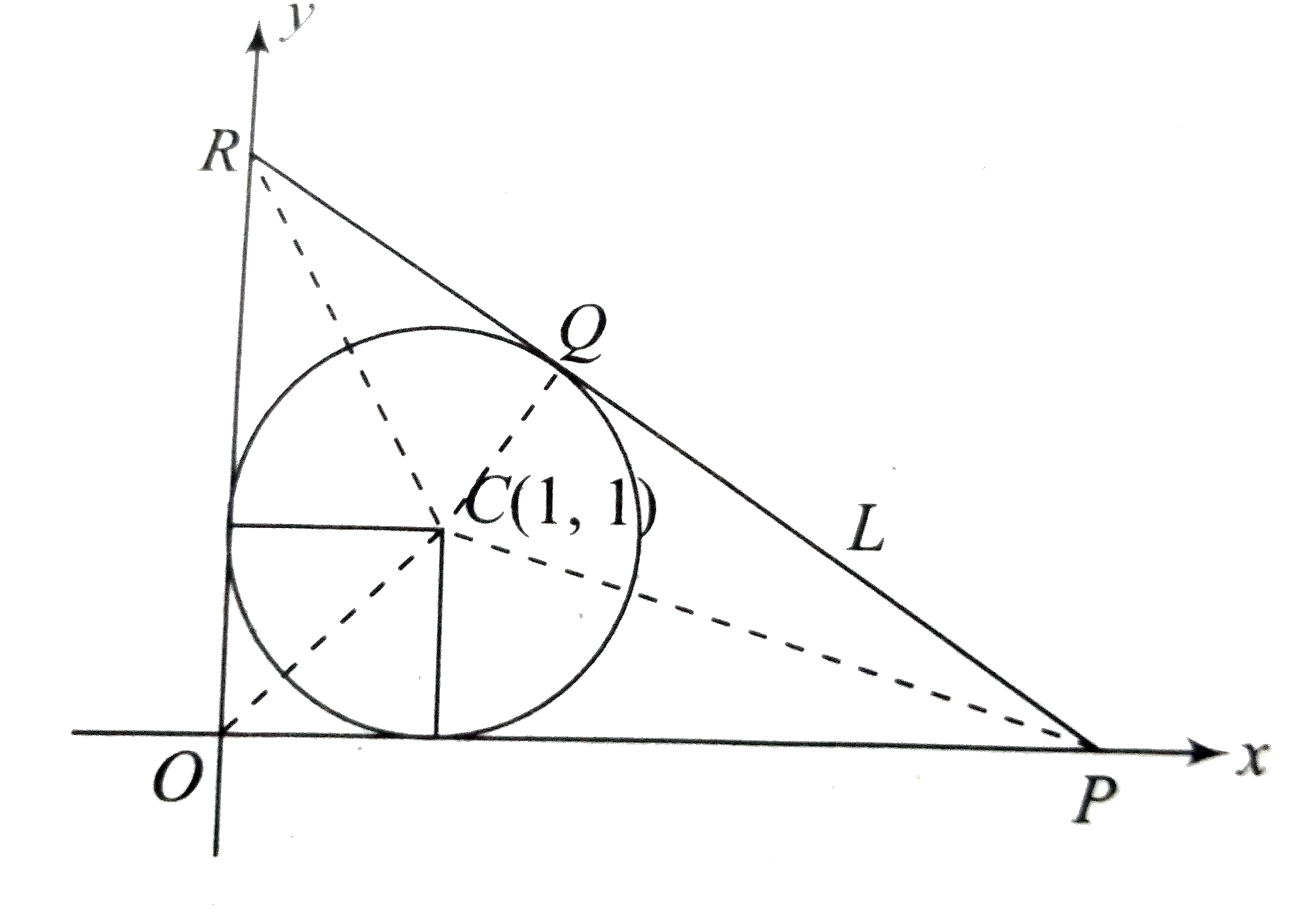Prove that the roots of the equation x4−2x2+4=0 forms a rectangle.Solution in Bengali
x4−2x2+4=0
∴ x2=2±√4−162=1±√3i=21±√3i2
=2(cos(π)3±isin(π)3)
∴ x=±√2(cos(π)3±isin(π)3)1/2
=±√2(cos(π)6±isin(π)6)
∴ x=√2eiπ/6,−√2eiπ/6,−√2e−iπ/6
Clearly these points forms rectangle inscribed in circle of radius √2.
Topper's Solved these Questions
- COMPLEX NUMBERSBOOK - CENGAGE PUBLICATIONCHAPTER - COMPLEX NUMBERSEXERCISE - SLOVED EXAMPLES
15 Videos
- COMPLEX NUMBERSBOOK - CENGAGE PUBLICATIONCHAPTER - COMPLEX NUMBERSEXERCISE - EXERCISE3.1
4 Videos
- COMPLEX NUMBERSBOOK - CENGAGE PUBLICATIONCHAPTER - COMPLEX NUMBERSEXERCISE - Comprehension
11 Videos
- CIRCLESBOOK - CENGAGE PUBLICATIONCHAPTER - CIRCLESEXERCISE - Comprehension Type
8 Videos
- CONIC SECTIONSBOOK - CENGAGE PUBLICATIONCHAPTER - CONIC SECTIONSEXERCISE - All Questions
102 Videos
Similar Questions
ifωandω2 are the nonreal cube roots of unity and [1/(a+ω)]+[1/(b+ω)]+[1/(c+ω)]=2ω2 and [1/(a+ω)2]+[1/(b+ω)2]+[1/(c+ω)2]=2ω , then find the value of [1/(a+1)]+[1/(b+1)]+[1/(c+1)].
View SolutionIs the following computation correct? If not give the correct computation: [√(−2).√(−3)]=√(−2).−3=√6
View SolutionConsider the region R in the Argand plane described by the complex number. Z satisfying the inequalities |Z−2|≤|Z−4|, |Z−3|≤|Z+3|, |Z−i|≤|Z−3i|, |Z+i|≤|Z+3i|
Answer the followin questions :
Maximum of |Z1−Z2| given that Z1, Z2 are any two complex numbers lying in the region R is
View Solution
In the diagram as shown, a circle is drawn with centre C(1,1) and radius 1 and a line L. The line L is tangent to the circle at Q. Further L meets the y-axis at R and the x-axis at P in such a way that the angle OPQ equals θ where 0<θ<π2.
Coordinate of Q is
View SolutionGiven that A(1,1) and B(2,−3) are two points and D is a point on AB produced such that AD=3AB. Find the coordinates of D.
View SolutionProve that the roots of the equation x4−2x2+4=0 forms a rectangle.
View SolutionIf α is a root of the equation 4x2+2x−1=0, then prove that 4α3−3α is the other root.
View SolutionThe equation whose roots are reciprocals of the roots of x^(4)+3x^(3)-6x^(2)+2x-4=0 is
View SolutionThe equation whose roots are the reciprocal of the roots of x4+3x3+6x2+2x+4=0 is
View SolutionIf alpha be a root of the equation, 4 x^2 + 2x - 1 =0 , then 4 alpha^3 - 3 alpha is other root.
View SolutionThe roots of the equation x4−2x2+4=0 are the vertices of a :
View SolutionFind the equation whose roots are the reciprocals of the roots of
x4+3x3−6x2+2x−4=0
View SolutionSum of the roots of the equation x2+|2x−3|−4=0 is
View SolutionThe sum of the roots of the equation x2+|2x−3|+4=0, is
View SolutionProve that the roots of the equation x4−2x2+4=0 forms a rectangle.
View SolutionThe roots of the equation x4−2x2+4=0 are the vertices of a :
View Solution
